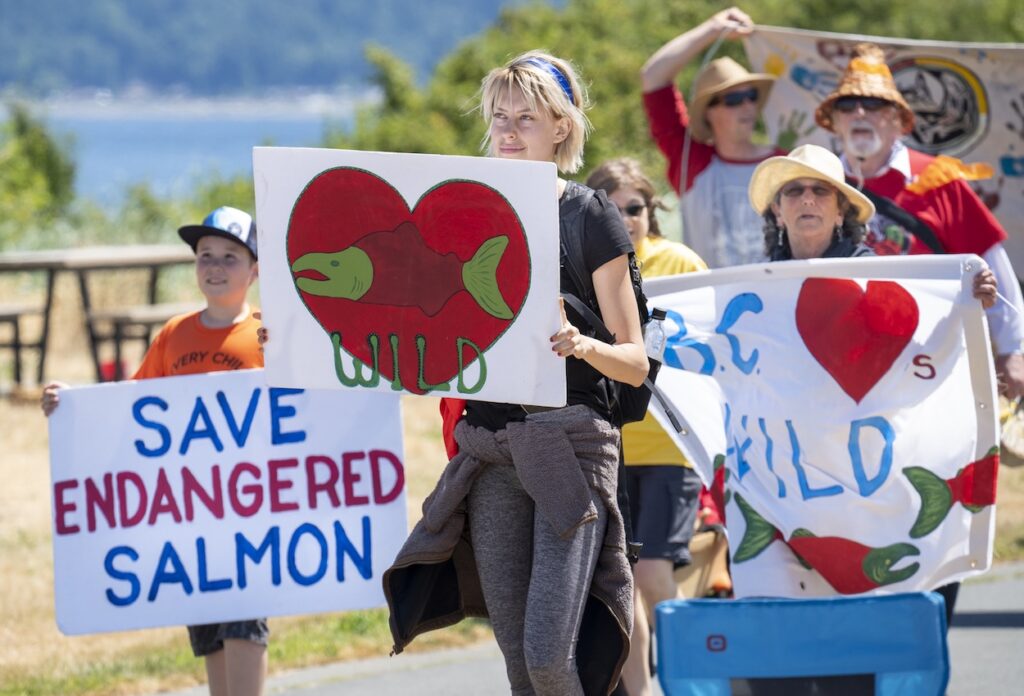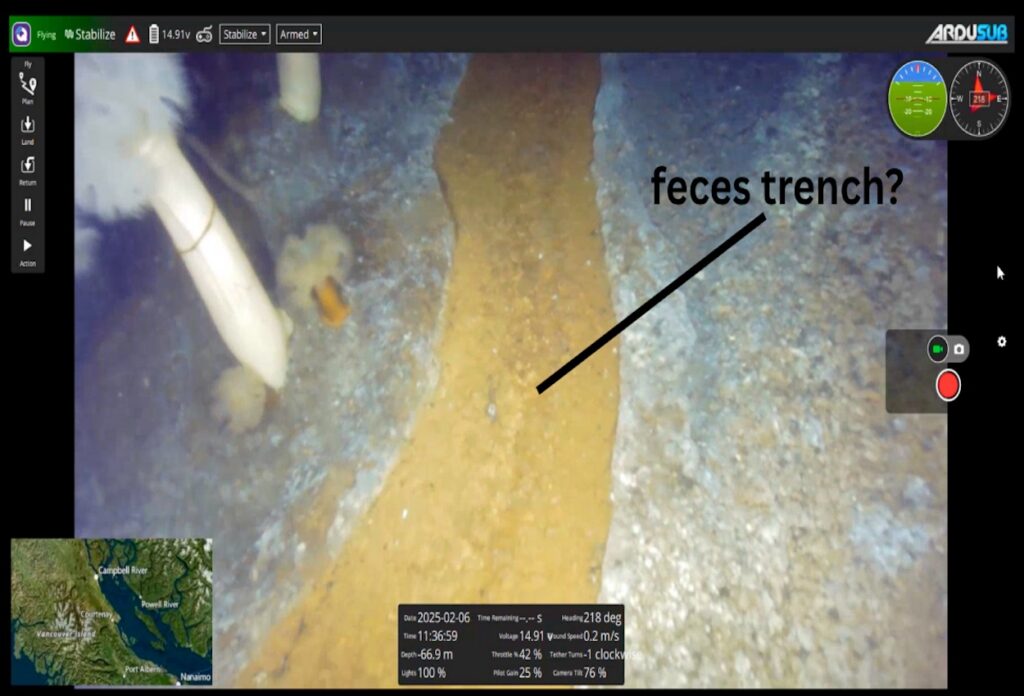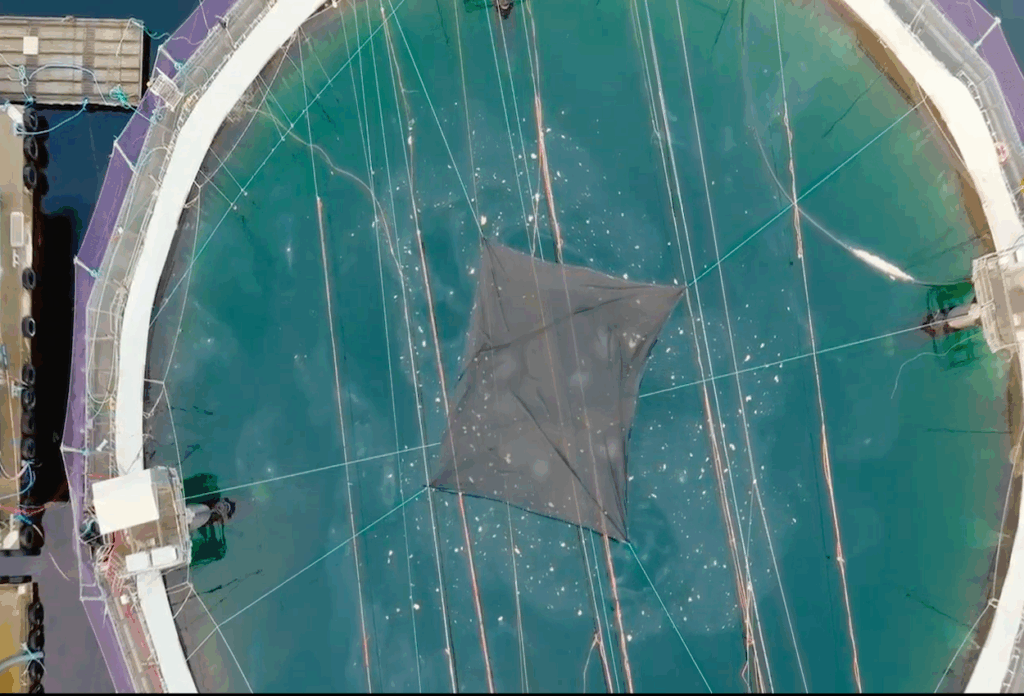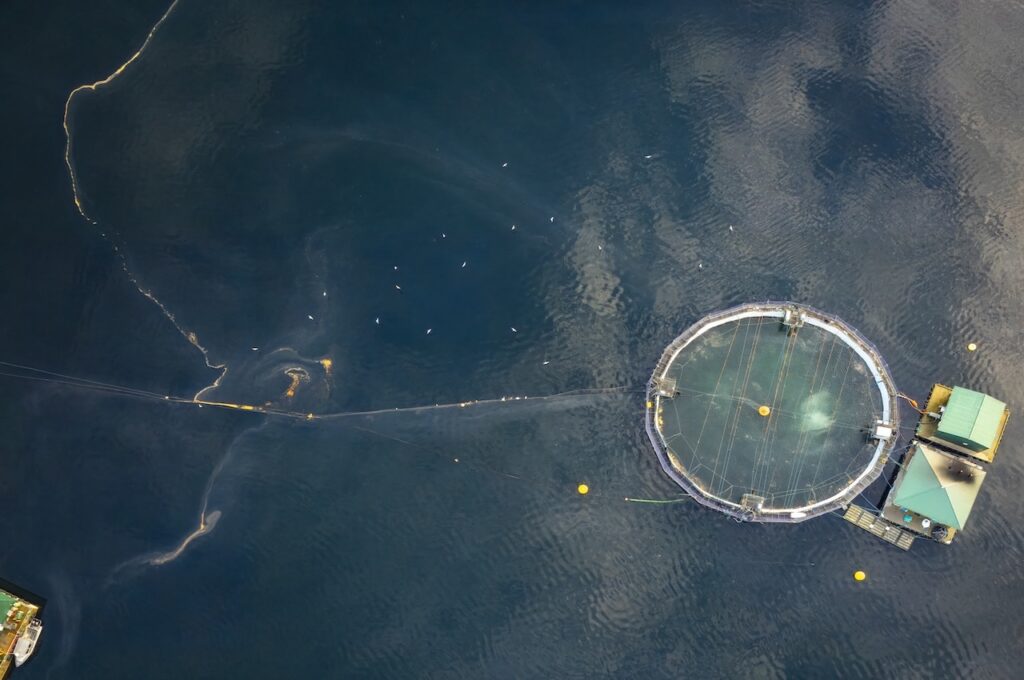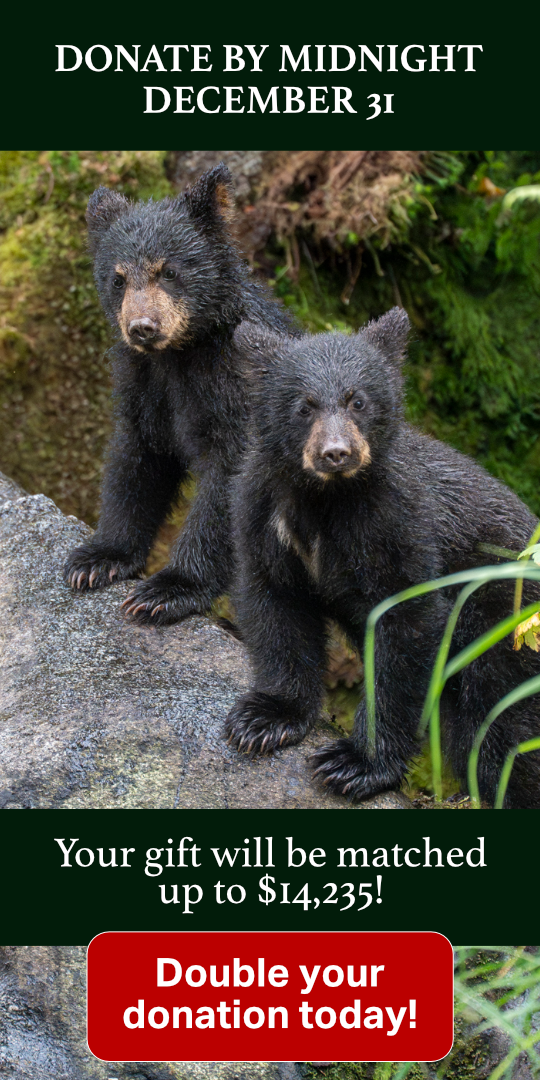It’s not possible to work on conservation issues in British Columbia in this day and age without coming up against the reality that the issue of who owns the land has not been resolved to everyone’s satisfaction. The simple fact is that Canada’s sovereignty was established right over top of pre-existing indigenous sovereignty. This has resulted in uncertainty for governments and business, confusion for Canadian citizens, and injustice and suffering for First Nations.
So last week I decided to check out the federal government’s Truth and Reconciliation Commission National Event in Vancouver. The TRC is the federal government’s response to the legacy of the Indian Residential Schools run by the government and churches from 1875 to 1996.
The schools were an attempt by the church and state to eradicate indigenous cultures and languages—as was infamously said, “to kill the Indian in the child.” But indigenous peoples survived and this attempt at cultural genocide failed. However, the effects of the schools are intergenerational and are still being manifested. Native communities today are still in the process of healing.
As I listened to survivors of the residential schools give their testimony to the Commission, several commonalities began to emerge: having been told ‘you’ll never amount to anything’; horrendous physical abuse; atrocious food, hunger, and being forced to steal food to survive; sexual abuse; and an emphasis on preparing attendees for menial labour rather than developing their academic potential. To be honest it was sickening listening to the abuse suffered and made me feel sad, appalled and ashamed. But at the end of the day what shone through were the stories of courage, strength, humour and resilience.
I heard concerns shared about the TRC process. Some elders pointed out that when they were consulted as to how this Commission should proceed, they requested a grassroots process, not the kind of big and expensive process currently underway. Others expressed concern that when the TRC reaches the end of its mandate in 2014 the government will consider their work done and leave Native people to cope on their own.
The final day of the week was a Walk for Reconciliation hosted by Reconciliation Canada, a non-profit organisation. Chief Robert Joseph, Hereditary Chief of the Gwawaenuk First Nation, had a dream that ten thousand people would walk in the streets of Vancouver in support of reconciliation. When he came close to dying last year he asked his daughters to keep that dream alive.
As we headed downtown in Vancouver at 8 am Sunday September 22 in the pouring rain, I began to doubt whether the projected fifty thousand people would show up. But by the time we began marching, estimates pegged the crowd at seventy thousand, and Chief Joseph was beaming!
Before walking we heard a rousing speech by Bernice King, the daughter of the late great American civil rights leader Dr. Martin Luther King.
Here are some highlights from her speech: “the way forward for Canada…is going to be through choosing nonviolence. There is no other way…A revolution and a movement has already been started. It is up to each one of you to get into the flow of it, to continue the progress…(social change) is a never-ending process. Freedom is never really won. You earn it and you win it in every generation. And that means that there must be persistent, consistent determination to see a new Canada where all people are respected and included…One day you’ll all be able to join hands together and say in the words of my father, and it will be a truth in this nation…we are all free at last, as Canadians, as First Nations, we are free at last.”
To get into the flow of this movement, check out some highlights from Bernice King’s speech.
Also, check out the movie We Were Children. This is a dramatic depiction of what life in the schools was like for the children who were taken from their families at age six.
Finally, consider buying a copy of Bev Sellars’ recent bestseller They Called Me Number One. It is a moving story of her experiences at residential school, and the effects it had on her life and her family. Even if you don’t have time to read it right now, buying it now will keep it on the bestseller’s list, increasing the chance that others will hear about it too.
Dan Lewis is a founding director of Clayoquot Action.
